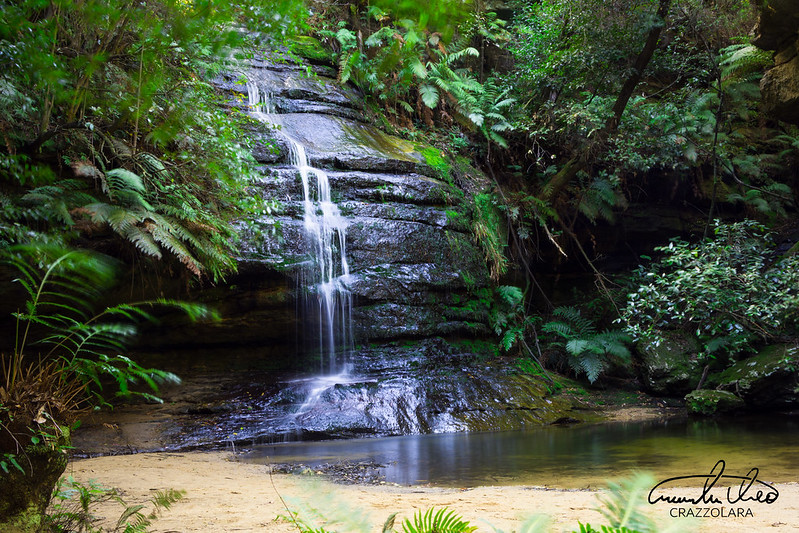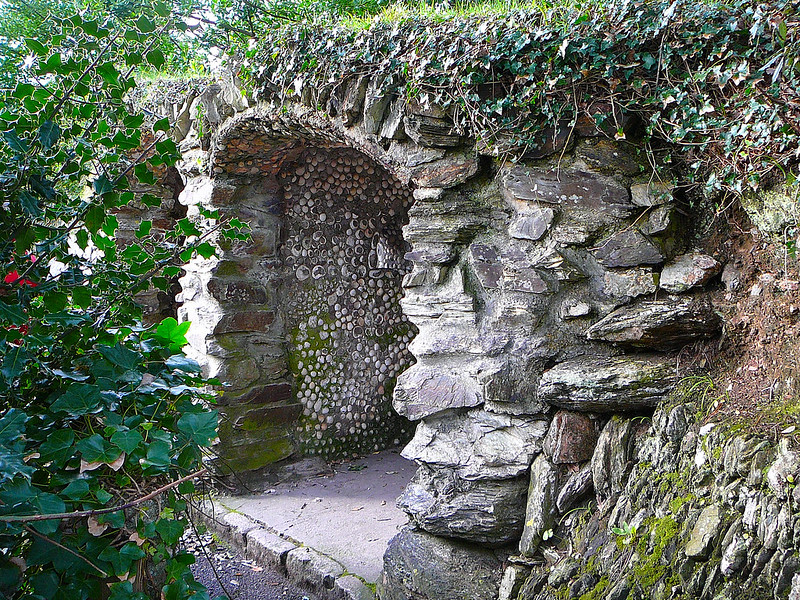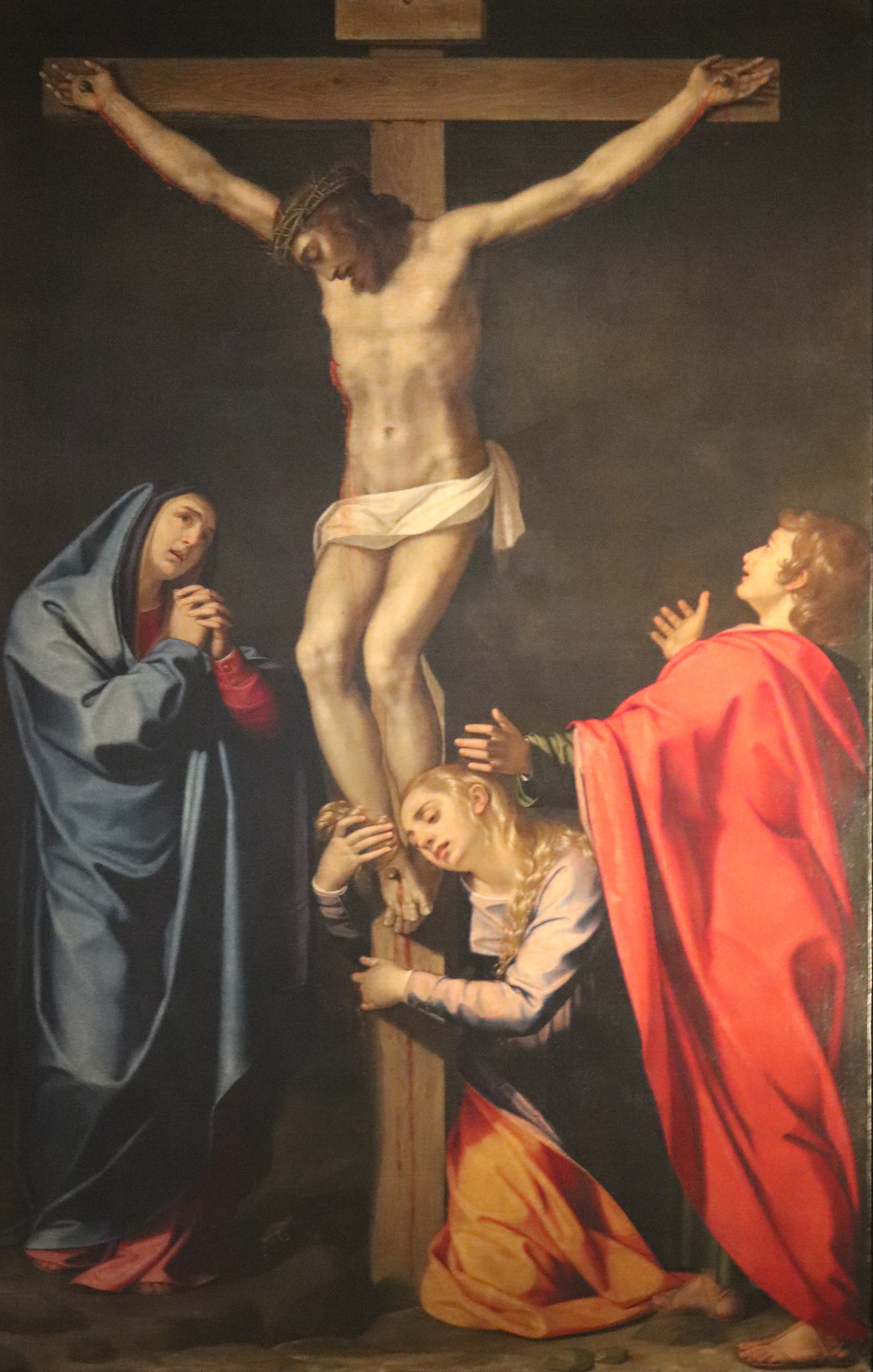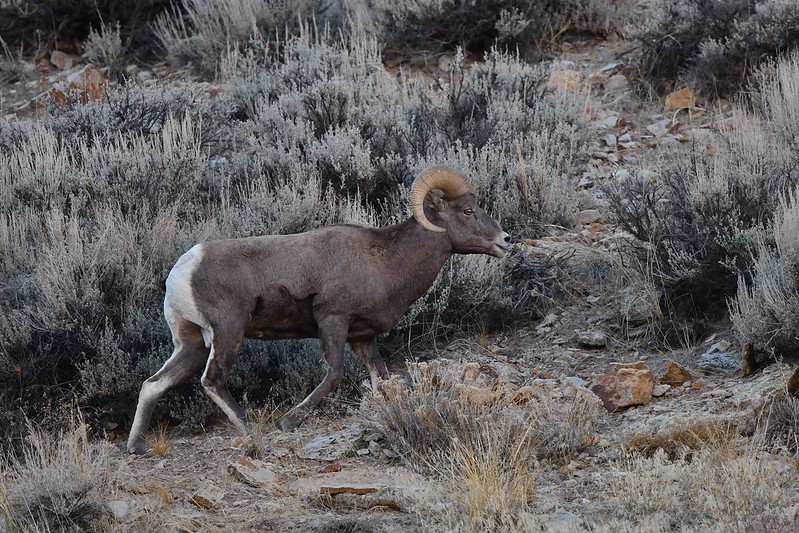|
"Be joyful at your festival," it says in Deuteronomy 16:14 about the Feast of Tabernacles or Sukkot. How could we not celebrate this festival that is a picture of the Lord sitting at our table of rejoicing with us? Some prefer to say that the Lord will tabernacle or dwell with us. I find the details of all that happens during Sukkot particularly fascinating this year, because it is a Shemitah year—a year of rest. Leviticus 25 shares how God's people are to live during the seventh year. "When you enter the land, I am going to give you, the land itself must observe a sabbath to the Lord. For six years sow your fields, and for six years prune your vineyards and gather their crops. But in the seventh year the land is to have a year of sabbath rest, a sabbath to the Lord," (Verses 2-4) "You may ask, 'What will we eat in the seventh year if we do not plant or harvest our crops?' I will send you such a blessing in the sixth year that the land will yield enough for three years." (Verses 20-21) Here we have God's promise to be faithful to us as we are faithful to His Word.
A report written by Adam Eliyahu Berkowitz in Biblical News on March 16 explains an interesting application of this requirement as it pertains to the Pool of Siloam, the Feast of Tabernacles, and the water libation ceremony (Nisuch Hamayim) performed in the Temples in Israel. The water libation ceremony is part of the oral tradition handed down from Moses. Water was collected daily from the Pool of Siloam in golden vessels and brought to the Temple. This ceremony was one of extraordinary joy as those who escorted the priests to the Pool would sing and play musical instruments. When all the people returned to the Temple, water and wine were poured on the altar as a sacrifice that accompanied their worship of God. When the libation ceremony was repeated by the worshipers every day, the excitement built until the seventh day when the joy and celebration was at its height. It is significant that Tabernacles is celebrated at the end of the dry season. Israel has no rain for approximately six months. The pouring out of the water on the altar is a significant sacrifice every year. Prayers asking for the rains to come during the next six months are part of the libation ceremony. Those prayers were answered by God in a dramatic way this past year. It is reported that two years ago a contingent of Kohanim (priests), Levites, and Jews descended to the Pool of Siloam in the Old City of Jerusalem to collect water for the libation ceremony. They were shocked that there was barely enough water to fill their golden vessels. The good news is that after six years of drought, God blessed Israel with such an abundant rainy season that the Pool of Siloam is overflowing. The Sea of Galilee was also at its lowest level in many years and has recovered to such an extent that it is within 12 centimeters of being full. Bountiful crops cannot occur in the sixth year without bountiful amounts of water. Here is where God made good on His promise: "I will send such a blessing in the sixth year that the land will yield enough for three years." (Leviticus 25:21) We can count on the faithfulness of God. He is a promise keeper who loves to bless us with "immeasurably more than all we ask or imagine." (Ephesians 3:20) God is beyond understanding! He is faithful to His promises and made that clear to His people when He was teaching them not to worry. "Consider the ravens: They do not sow or reap; they have no storeroom or barn; yet God feeds them. And how much more valuable you are than birds." (Luke 12:24) Our world is in turmoil with cataclysmic and destructive events, evil agendas to destroy our families and our nation, and increases in sickness and death. Israel is in the thick of a battle for her life, and yet God provided rain for the Pool of Siloam. How much more does He care about us? Be joyful! One of the Hallel Psalms read at the Feast of Tabernacles is Psalm 118. The end of this Psalm is so encouraging: "The Lord is God, and He has made His light shine on us. With boughs in hand, join in the festal procession up to the horns of the altar...Give thanks to the Lord, for He is Good; His love endures forever." (Verses 27 and 29) "One of the greatest lies of Satan is that we don't have enough time to pray. However, all of us have enough time to sleep, eat, and breathe. As soon as we realize that praying is as important as sleeping, eating, and breathing, we will be amazed at how much time will be available to us for prayer." (p. xix) This is a quote from David Yonggi Cho's book, Prayer That Brings Revival. I could not let the passing of this man of prayer go by without looking at his life and extracting some of the gems he left to guide us in our walk with the Lord. Cho died on September 14, 2021, at the age of 85, after spending since July 2020, in the hospital because he suffered a cerebral hemorrhage.
Raised a Buddhist in South Korea in a poverty-stricken family, he was diagnosed with tuberculosis at the age of 19 and given four months to live. It seems God had other plans and sent a high school girl to visit him daily while he was sick so that she could tell him about Jesus. Cho watched as she prayed for him and saw tears streaming down her cheeks. Her act of compassion touched him so much that he agreed to read the Bible. Jesus met him during his sickness, and he rose from his deathbed within six months. Convinced that Jesus is the only true God, Cho attended the Assemblies of God Bible School and graduated in 1958. It was Pastor Cho's desire to build the largest church in Korea. He started small with just a few people. With no building, he obtained an old American service tent, pitched it next to a dump, and began to pray. As he specifically verbalized his needs to God, what he described began to come to him. By 1980 there was a physical building, 150,000 church members, and 10,000 home groups. His church eventually became the largest church in the world. On page 113 of his book he writes, "Everyone who is willing to wait upon the Lord can be qualified to carry out the great task before them because the source of their strength is not natural but spiritual." Indeed, prayer was the foundation of his ministry. He devoted hours of each day in prayer to the Lord. Since the foundation of his church was prayer, Pastor Cho felt the need to develop a place near the church strictly for prayer and fasting. Established in 1973, it became known as Prayer Mountain and can accommodate up to 10,000 people. The site is close to the border of North Korea. Each year about 100,000 Christians visit Prayer Mountain to pray and fast. There are 214 individual prayer grottos carved out of the mountainside. Each grotto is meant for one person and contains only bare essentials—a light and fan. In addition to the grottos, there are outdoor spaces on the hilltops and chapels where groups of people can pray inside. The constant sound of prayer can be heard all around Prayer Mountain. Pastor Cho, when asked about the secret to the success of his church exclaimed, "I pray, and I obey.” Amen! My husband is one of the thousands of Christians who spent time in prayer in one of the grottos. Not only this, but he also had a personal visit with Pastor Cho who prayed for him. This humble man has inspired millions of people to devote themselves to prayer. As I read Pastor Cho's story about starting his church in a tent, I thought about Moses, who used to pitch a tent outside the Israelite camp. (Exodus 33:7) It was called "The Tent of Meeting" because the Lord met Moses there "face-to-face." Then, I remembered how Jesus went up on a mountainside to pray and meet with Father God at the end of the day or before ministering. (Matthew 14:23) Perhaps Pastor Cho was inspired by these stories in the Bible. He certainly has drawn the multitudes to Jesus. Another quote from his book, Prayer That Brings Revival, gives Cho's perspective on prayer. "Prayer creates a personal change in your life. Nothing you can do will benefit you more than prayer. Through prayer you create an account balance in your favor in God's spiritual bank. Through prayer, you will benefit spiritually, mentally, and physically." (p. 34) Pastor Cho wrote from experience! We should take heed of Pastor Cho's words of wisdom. He says, "As air is the breath of life, so prayer is the breath of faith." We must build our faith through our dedication to prayer. It is life changing! Yom Kippur (The Day of Atonement) is considered the holiest day on God's calendar and begins this year on the eve of September 15. It is called a Mo'edim or divine appointment with God. There is no day like it, and it is celebrated by the Jewish people with fasting and prayer. On the first day of the seventh month (Tishrei) on the Hebrew calendar, the shofar is blown to signify the beginning of the new year and the "Ten Days of Awe," a time of remembrance, contemplation, and repentance that culminates on Yom Kippur.
God initiated this special day to be one like no other. It was the only day when He allowed the High Priest of Israel to enter the Most Holy Place in the Temple by rending the veil. It was on Mt. Sinai that God gave Moses instruction on how to live by giving him the ten commandments, the laws concerning servants, personal injuries, property protection, justice and mercy, the Sabbath, and the annual festivals. After a covenant was made between God and the Israelites, He gave them instructions on how to make a sanctuary for Him. The Ark of the Covenant was to be placed in the Most Holy Place and was protected from everyone with a barrier or thick veil. It was constructed of acacia wood overlaid with pure gold. Two cherubim were made with hammered gold and connected to the cover of the ark at either end. The wings of the cherubim spread upward so that they overshadowed the cover. (Exodus 25:10-22) Leviticus 23:26-28 gives instructions on how to live on Yom Kippur. "Then the Lord said to Moses, 'Be careful to celebrate the Day of Atonement on the tenth day of the same month—nine days after the Festival of Trumpets. You must observe it as an official day for holy assembly, a day to deny yourselves and present special gifts to the Lord. Do not work during the entire day because it is the Day of Atonement, when offerings of purification are made for you, making you right with the Lord your God.’” (NLT) The Lord made it clear to Moses that his brother, Aaron the high priest, could not go into the Most Holy Place behind the curtain at any time or he would die. He could only enter once a year, and first he had to bring a sin and burnt offering. He had to bathe with water before putting on his garments made of pure linen. He had to take with him a censer of burning coals from the altar, two handfuls of finely ground, fragrant incense, and blood from the sacrificial bull and goat to sprinkle on the front of the atonement cover. The blood was to cleanse the Israelites from their sin. (See Leviticus 16) Did you ever wonder how this blood sacrifice on the mercy seat between the wings of the cherubim came about? We must look back to original sin that came from Adam and Eve. Genesis 3:24 tells us this: "After He drove them out, He placed on the east side of the Garden of Eden cherubim and a flaming sword flashing back and forth to guard the way to the tree of life." The cherubim of the ark were patterned after those placed at the entrance of the Garden of Eden. God would not be content to leave things this way, however. He has always desired face-to-face communion with all His children. God had a plan to remove the veil or barrier between us and Him. It was the shed blood of Jesus that permanently overcame the barrier. Today we look at the blood of our Messiah as the sacrifice that makes the way for us to go behind the veil. His sacrifice gives us permission to go there anytime and as often as we desire. Hebrews 10:19-22 confirms our position of favor. "Therefore, brothers and sisters, since we have confidence to enter the Most Holy Place by the blood of Jesus, by a new and living way opened for us through the curtain that is His body, and since we have a great priest over the house of God, let us draw near to God with a sincere heart and with the full assurance that faith brings..." On Yom Kippur let us remember the invitation that God gives to us all year long through the blood of His Son. Let us honor the sacrifice that has been made for us by pursuing a relationship with the Lord. Can you imagine asking God to give you a son year after year? That is what Abraham and Sarah did. And it was not until Abraham was 100 and Sarah was 90 years old that their desires were fulfilled. What a test of faith and perseverance they endured! But God had a plan and a perfect time for the birth of Isaac. Abraham and Sarah would know for sure that only God's power and love brought about the birth of their son Isaac. As God was announcing His plans, He said, "But my covenant I will establish with Isaac, whom Sarah will bear to you by this time next year." (Genesis 17:21)
Now imagine how much Abraham and Sarah loved Isaac and how they protected him from difficulties and controversies because he was their only child. Is it possible that Abraham loved Isaac more than he loved God? We do not know, but we do know that God tested Abraham's faith. "Take your son, your only son—Yes, Isaac, whom you love so much—and go to the land of Moriah. Go and sacrifice him as a burnt offering on one of the mountains which I will show you." (Genesis 22:2 - NLT) Scripture tells us that Abraham got up early the next morning to prepare for the journey in immediate obedience to God. The trip from Beersheba to Moriah was about 50-60 miles and took three days. When they arrived, Abraham instructed his servants to remain a distance from their final destination. He said, "I will worship and then we will come back to you." (Genesis 22:5) Abraham placed the wood on his son while he carried the fire and knife. At their destination, Abraham built an altar, tied his son, and laid him on the wood. As Abraham lifted his knife to kill Isaac, an angel of the Lord called to him and told him to stop because He could see Abraham feared God. God had provided the ram in the thicket. It was caught by its horns. The ram was sacrificed instead of Isaac, and Abraham called the place, "The Lord Will Provide," (Jehovah Jireh). Genesis 22:14 tells us, "And to this day it is said, 'On the mountain of the Lord it will be provided.'" The story is of particular interest to the Jews at the beginning of the New Year (Rosh Hashanah). Genesis 22, called the Akedah in Hebrew, or the "Binding of Isaac," is read. They link the blowing of the ram's horn to the ram that was provided to Abraham for sacrifice in place of Isaac. As the shofar is blown, it reminds them of Abraham's obedience. The Jews believe that Abraham's descendants are pardoned based on his merit. God's promise to Abraham that his descendants would come through Isaac may have helped Abraham go through with the binding of Isaac and raising of his knife to kill him. Hebrews 1:19 suggests this: "Abraham reasoned that God could even raise the dead, and so in a manner of speaking he did receive Isaac back from death." In any event, the story of Isaac reminds us of God's mercy, grace, and provision for sin. We see continuity between the Old and New Testament. Father Abraham was willing to sacrifice Isaac in obedience to Father God, and Father God was willing to sacrifice His only son Jesus to redeem us from our sins. The story of the sacrifice of Isaac is a prophetic picture of the death and resurrection of Jesus. May I suggest that we reread the story of the Binding of Isaac in Genesis 22 during the Jewish New Year. As we do, let us remember how the Lord taught Abraham that forgiveness of sin does not come through our sacrifice but through that of the Lord, Yeshua, Jesus. Let us also repent for our sins, bless the Lord for His provision, and pray that the Jewish people will come to know the truth of their Messiah in this New Year. |
Joan E. MathiasCategories
All
Archives
July 2024
|




 RSS Feed
RSS Feed